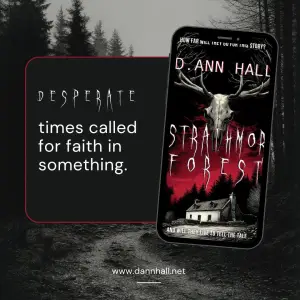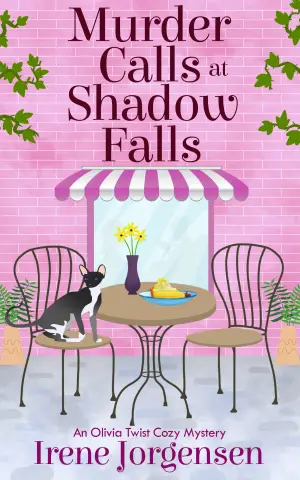I recently dived into Kurt Vonnegut’s Slaughterhouse-Five, and it was a journey that left me reflecting long after I turned the final page. As an avid lover of both fiction and philosophy, I’ve always been drawn to books that explore the complexities of life and death, particularly within the context of war. The prospect of an antiwar narrative steeped in surreal elements like time travel and alien encounters piqued my interest, compelling me to experience what many consider an American classic.
At its core, Slaughterhouse-Five is a reflection on the horrors of war, centered around the firebombing of Dresden during World War II. This infamous event changed the course of history—and hearing it through the eyes of Billy Pilgrim, a soldier and time traveler, made it all the more profound. The non-linear storytelling effectively immersed me in the chaos of his experiences, echoing the fractured nature of trauma that so many veterans face.
The writing style is a significant highlight. Vonnegut employs short, simple declarative sentences, which make the read straightforward yet profoundly impactful. Michael Cunningham captures this perfectly in his review, stating how the book "easily scores a 5 out of 5 for its unique writing style." I felt Vonnegut’s economical prose beautifully conveyed the complexity of themes like life, death, and fate without overwhelming the reader with convoluted dialogues or dense descriptions.
Additionally, the blend of humor and serious subject matter is a balancing act that Vonnegut masterfully executes. The use of the phrase "So it goes" became a refrain that resonated with me. It encapsulated the acceptance of loss and tragedy, making me ponder deeper philosophical questions while also managing to elicit quiet chuckles amid the chaos. The humor allows a digestible approach to the otherwise bleak themes, reflecting how we often cope with the absurdities of life.
However, there were elements that felt less polished. Some readers have mentioned the pacing, and I found it a bit slow at certain points. While the non-chronological narrative holds intrigue, it can occasionally disrupt the flow. Ryan Sean O’Reilly pointed out how the jarring time shifts might confuse some, a sentiment I share to an extent. At times, I wished for a few moments of tension to draw me back, rather than the fragmented storytelling that sometimes made me lose track of emotional stakes.
Moreover, while the layering of themes is impressive and thought-provoking, I sensed a potential barrier for readers unfamiliar with the conventions of postmodern literature. For those new to Vonnegut or who lean more towards conventional prose, getting into the raw essence of the story might require some patience.
To encapsulate my reading experience, Slaughterhouse-Five is indeed a brilliant piece of literature filled with depth, humor, and profound reflection. It confirms Vonnegut’s position as a significant voice in American literature, presenting the raw realities of war through a creative lens that pushes the boundaries of narrative. The richness of symbolism, philosophical richness, and a uniquely structured timeline make it a book that readers can easily revisit, revealing new layers upon each read, as Cunningham suggests.
Ultimately, I found Slaughterhouse-Five to not only meet but exceed my expectations as a book that challenges my perceptions of life and history through the lens of tragic absurdity. It’s a powerful testament to resilience, making it a must-read for anyone looking to explore the intersections of humor, horror, and the human experience. I wholeheartedly recommend it, particularly to those intrigued by antiwar narratives and the chaos of human existence. Whether you’re familiar with Vonnegut or taking your first plunge into his world, this novel is sure to leave a lasting impression.








